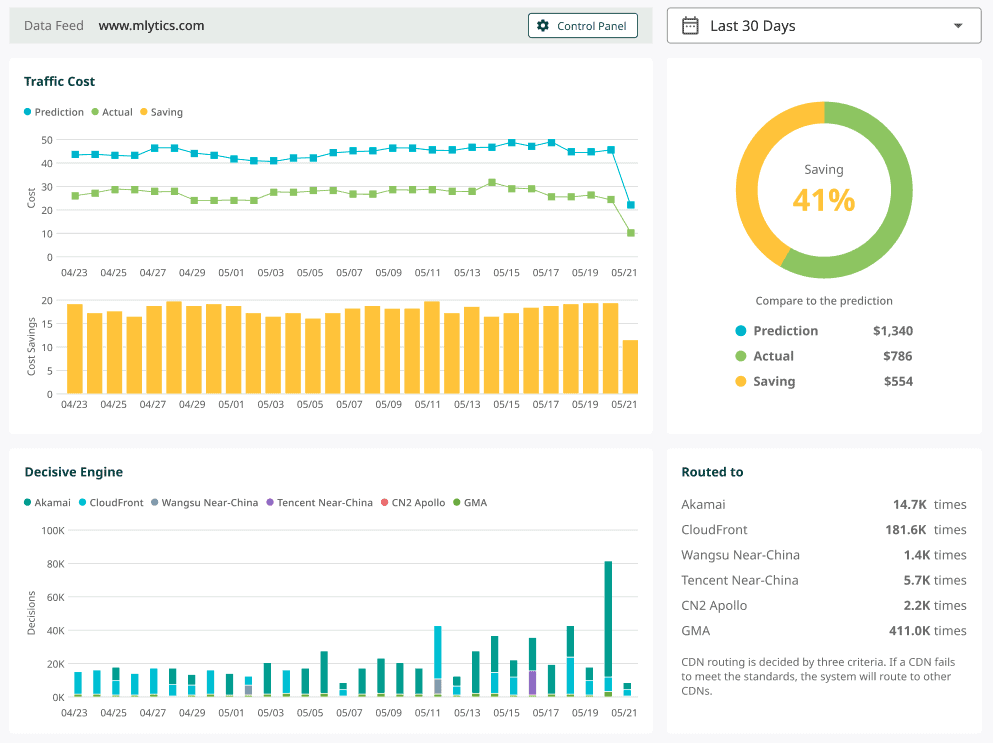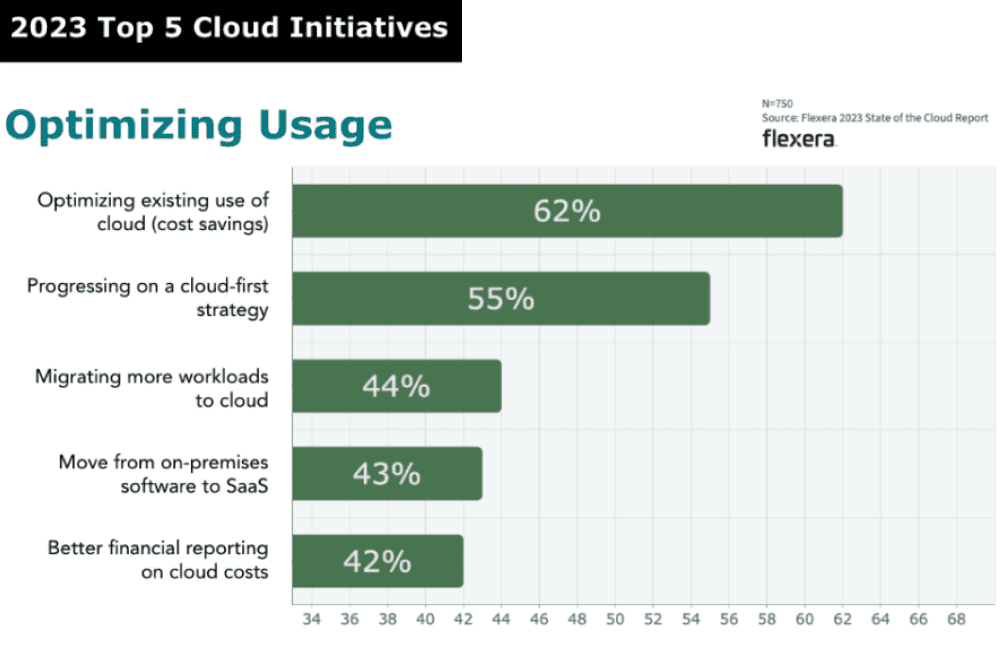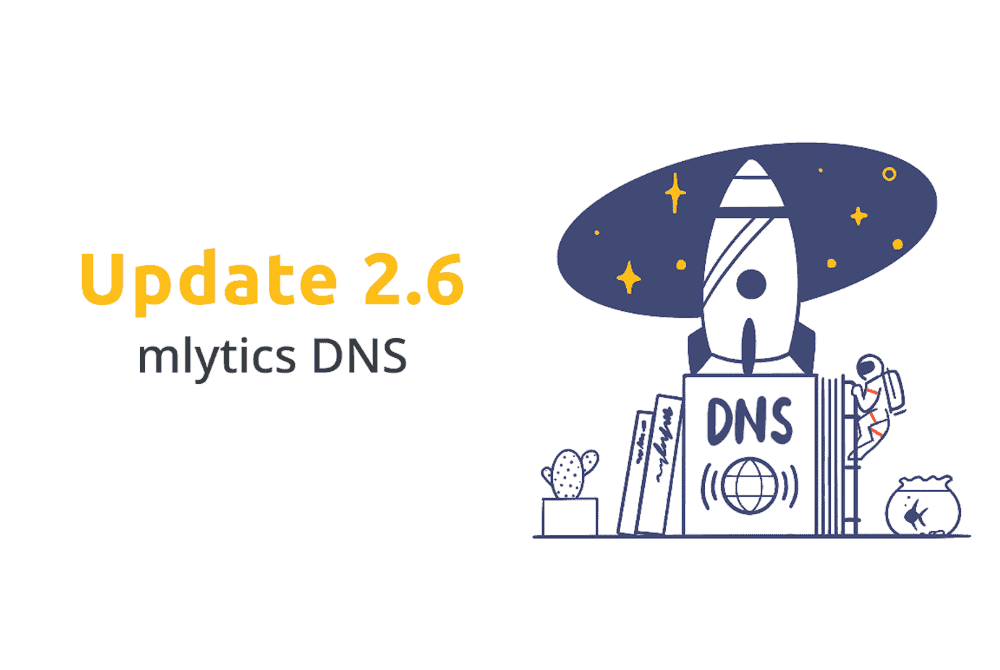Background
The client is a well-known e-commerce retailer facing high content delivery costs due to a significant volume of traffic and the need for reliable, fast-loading web pages. Their global customer base requires seamless access to their website, regardless of location, making efficient content delivery a critical component of their operational strategy.
Challenges
- High Costs: The client was experiencing substantial expenses related to content delivery due to the need to maintain high performance and availability.
- Performance Variability: With a global customer base, the client needed consistent and fast website performance across different regions.
- Scalability: The client required a solution that could handle varying traffic loads without compromising performance.
Solution
Mlytics proposed the implementation of their Smart Load Balancing solution. This technology utilizes multiple Content Delivery Networks (CDNs) and dynamically routes traffic based on real-time performance metrics, ensuring optimal load distribution and cost efficiency.
Key Features of Mlytics Smart Load Balancing:
- Multi-CDN Management: Integrates multiple CDNs to leverage their strengths and ensure redundancy.
- Real-Time Monitoring: Continuously monitors CDN performance metrics such as latency, throughput, and error rates.
- Dynamic Routing: Automatically routes traffic to the high-performing and most cost-effective CDN at any given time.
- Cost Optimization: Balances traffic to minimize delivery costs while maintaining high performance.
Implementation
The implementation process involved the following steps:
- Assessment and Planning: Mlytics conducted a comprehensive assessment of the client’s existing CDN setup and traffic patterns.
- Integration: The Smart Load Balancing solution was integrated into the client’s infrastructure, allowing seamless management of multiple CDNs.
- Configuration: Custom rules and performance thresholds were configured to align with the client’s performance and cost objectives.
- Testing and Optimization: A testing phase ensured that the solution operated as expected, followed by continuous optimization based on real-time data.
Results
Cost Savings: Over the course of one month, the client achieved a 41% reduction in content delivery costs. This was primarily due to the Smart Load Balancing solution’s ability to dynamically allocate traffic to the most cost-effective CDNs without compromising performance.
Performance Improvement: The client experienced a 15% improvement in average load times across all regions, resulting in a better user experience and potentially higher conversion rates.
Scalability and Reliability: The solution ensured that the website could handle traffic spikes during peak shopping periods without performance degradation. This reliability helped maintain customer trust and satisfaction.Global Reach: The client’s website performance became consistently fast across different geographical locations, addressing the variability in user experience that was previously a concern.

Conclusion
The implementation of Mlytics Smart Load Balancing proved to be a game-changer for the e-commerce retailer. By leveraging multiple CDNs and optimizing traffic routing in real-time, the client not only reduced their content delivery costs by 41% but also enhanced their website’s performance and reliability on a global scale.
This case study highlights the significant benefits of adopting Smart Load Balancing for e-commerce businesses looking to optimize their content delivery strategies. Mlytics demonstrated that with the right technology, it is possible to achieve substantial cost savings while delivering superior user experiences.



